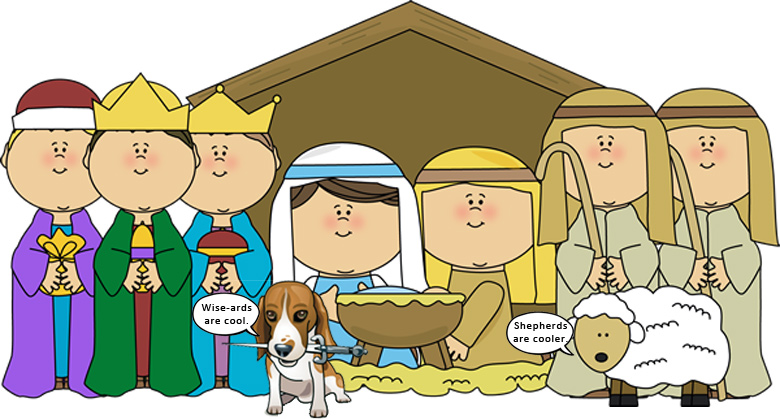
CHAPTER ONE: (97 words)
“Circumstances” are where you are right now.
“Choices” are what you will make.
“Consequences” are what will happen as a result.
Sometimes your circumstances are the consequence of your choices. But not always.
The circumstances of your birth and your childhood, such as your nationality and your ethnicity, and whether or not your family had money, are not the consequence of any choice you made.
It is foolish to feel pride about circumstances that are not the result of your choices.
It is foolish to feel shame about circumstances that are not the result of your choices.
CHAPTER TWO: (45 words)
Will you allow yourself to choose contentment?
Or do you believe contentment to be shameful?
What is it about
their native discontent,
their refusal to be satisfied,
their undying hunger for more,
that makes us admire an ambitious person?
Contentment is a choice, not a consequence.
CHAPTER THREE: (60 words)
Guilt is about what you have done. Shame is about who you are.
You choose shame when you continue to do what you know is wrong.
Feelings of guilt are beneficial when they cause you to make better choices.
When you make better choices, you are no longer who you were.
So let the shame go. It isn’t yours anymore.
CHAPTER FOUR: (26 words)
You can evaluate a man’s ethics by the condition in which he leaves a public restroom.
I don’t know how to evaluate the ethics of women.
CHAPTER FIVE: (68 words)
The angels in the sky sang to the shepherds, “All is forgiven.”
A star in the sky whispered to the wise men, “Follow me.”
The message was clear to the shepherds.
But the wise men had to figure it out on their own.
“What’s it all about?” ask the wise men, the entrepreneurs, inventors, artists and kings.
But the shepherds – underpaid nurses, caretakers, guardians and teachers – already know.
CHAPTER SIX: (69 words)
Andrew Carnegie (1835-1919) worked as a telegraph messenger 169 years ago. Books were expensive in those days and there were no public libraries. But a Pittsburg man, Col. James Anderson, opened up his collection of 400 books every Saturday to local boys who wanted to expand their minds. Carnegie later donated $56.5 million to open more than 2500 libraries in a dozen countries, saying, “The man who dies thus rich, dies disgraced.”
CHAPTER SEVEN: (40 words)
Julius Rosenwald (1862-1932) was a Jewish garment manufacturer who quietly donated more than $50 million in matching funds to construct 5,357 schools in African-American communities across the impoverished Southern States. “He who gives while he lives, knows where it goes.”
CHAPTER EIGHT: (42 words)
Albert Schweitzer (1875-1965) left us his best advice, “I don’t know what your destiny will be, but one thing I know: the only ones among you who will be really happy are those who will have sought and found how to serve.”
CHAPTER NINE: (83 words)
Billionaires Bill and Melinda Gates ($88.5 billion) have been joined by Warren Buffett ($74.2 billion) and 158 other billionaires in an effort to remedy society’s most pressing problems by committing to give more than half their wealth to philanthropy or charitable causes, either during their lifetime or in their will. The current pledge total is now more than $365 billion.
Imagine spending a billion dollars a day – a thousand million dollars – every day for a year, in an effort to change the world.
CHAPTER TEN: (19 words)
The wisest of the wise men
always become
shepherds
in the end.
The shepherds were the first to know.
Roy H. Williams
 Colleen DeBaise says there are seven crucial stages in the life of a startup, and the techniques that work for startups will also help existing small businesses freshen up their own success strategies. DeBaise, the former small business editor of The Wall Street Journal, uses Warby Parker, Slack, and Lego as prime examples during her interview with roving reporter Rotbart on this week’s podcast at MondayMorningRadio.com
Colleen DeBaise says there are seven crucial stages in the life of a startup, and the techniques that work for startups will also help existing small businesses freshen up their own success strategies. DeBaise, the former small business editor of The Wall Street Journal, uses Warby Parker, Slack, and Lego as prime examples during her interview with roving reporter Rotbart on this week’s podcast at MondayMorningRadio.com